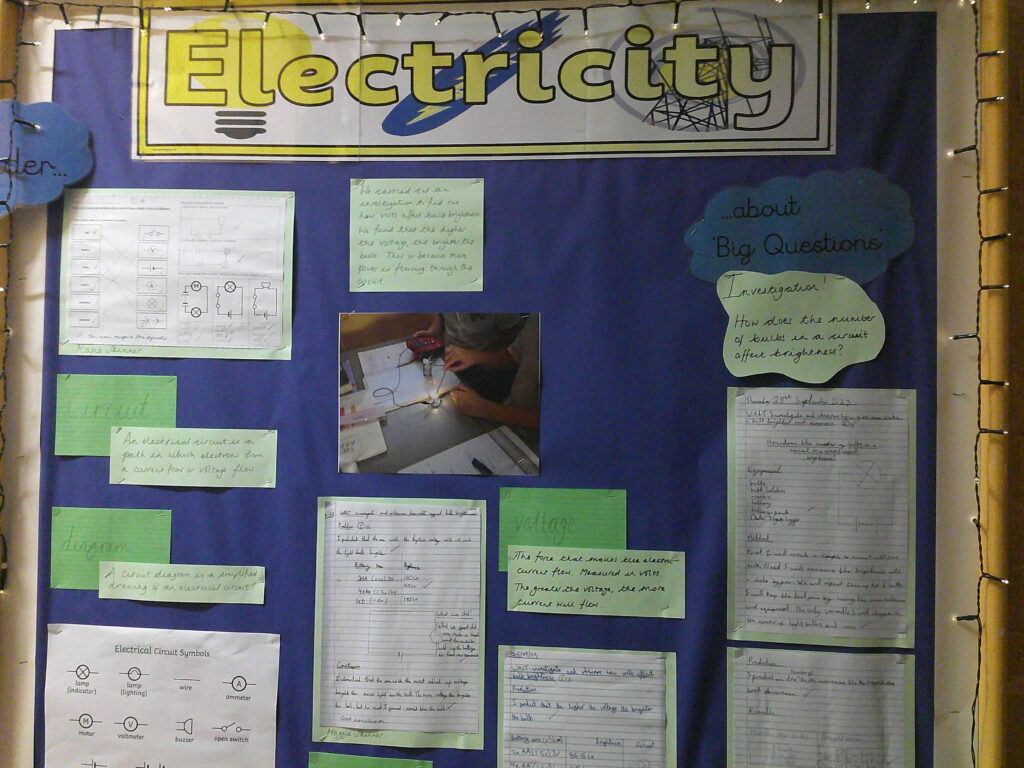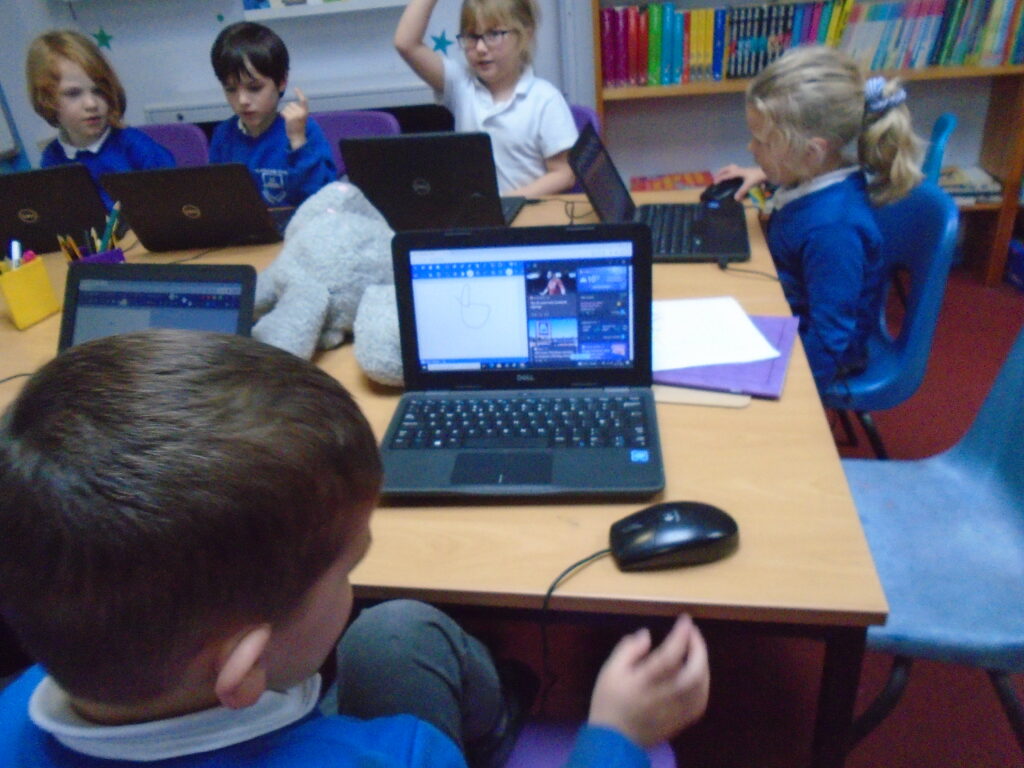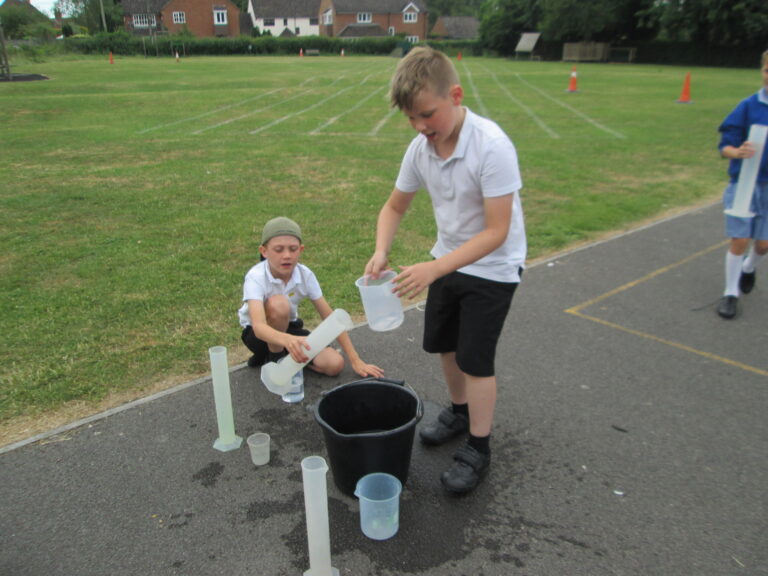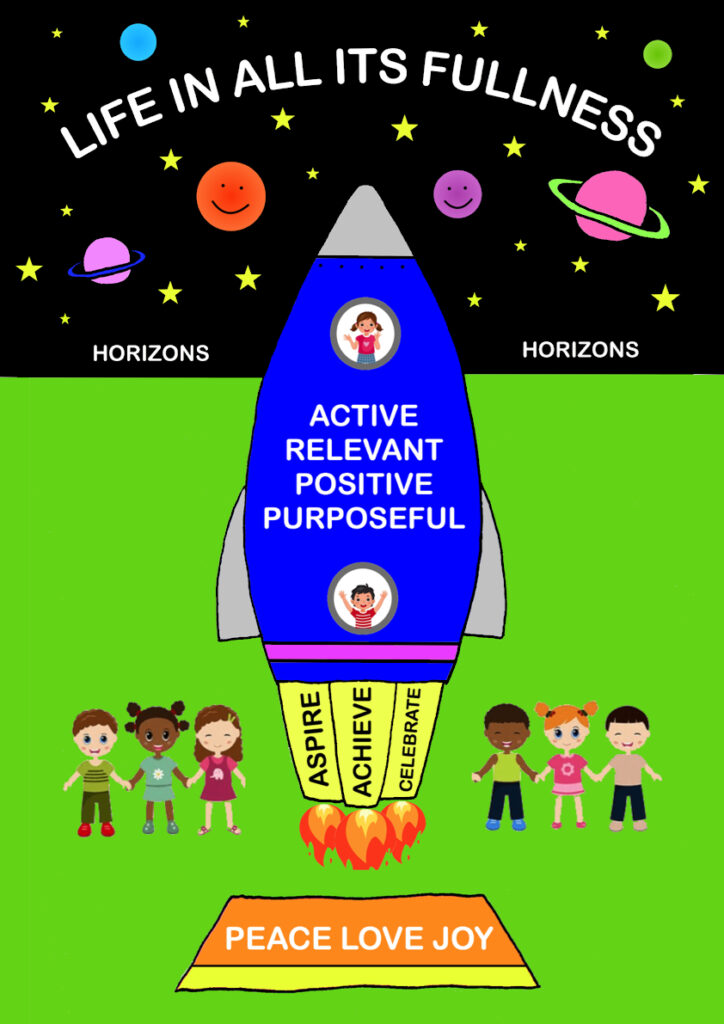Curriculum



Please click the links below to view information about individual subjects
Curriculum Intention
Our curriculum intention is to fuel ASPIRATION and ACHEIVEMENT and to foster the CELEBRATION of success in all its forms!
Why is our curriculum designed as it is?
Our curriculum has been designed to:
- build on the positive and ‘lived-out’ school ethos
- take advantage of the unique historical and geographical location of the school and to use its natural surroundings
- harness the resources we have in school and within the wider community (places and people)
- use the school’s organisation (five classes each with two year groups and some cohorts split between classes) to full effect; so that pupils receive ‘right-time provision’; revisiting and building on knowledge and skills in a coherent way, as they take their ‘Learning Journey’ through the school
- ensure that the ‘EYFS Framework’, ‘National Curriculum’, ‘Wiltshire RE Syllabus’ and ‘Understanding Christianity’ are implemented with rigor and that units of work are appropriately sequenced
- deliberately make links within and between subjects
- develop cultural capital: to ensure purposeful, relevant and active enrichment opportunities broaden pupils’ horizons.

We believe:
- our school ethos based on Christian values provides our pupils with a strong moral, spiritual and emotional foundation upon which to build their lives
- in actively promoting and celebrating progress and attainment
- in providing a wide range of balanced learning opportunities so everyone can achieve
- that sports, music, drama, charity events, competitions run by community organisations, trips etc. all provide invaluable opportunities for each pupil to develop in a rounded way, enhance school life and fuel motivation and aspiration
- that positive behaviour as well as academic success should be celebrated
- well-balanced, happy children attend well, learn better, remember more and achieve more!
Curriculum Implementation
At Stratford-sub-Castle Primary School, we achieve our vision for the whole curriculum in a consistent and reflective way. Our approach is one of ‘crafting’ opportunities for learning, constantly adapting our provision to meet the needs and interests of our pupils.
Knowledge, vocabulary and skills are developed sequentially, over time and through the teaching agreed concepts. Progression is ‘mapped out’ coherently allowing for effective planning and assessment. Teachers craft units of work , which are ‘blocked’ to provide continuity of learning, to engineer the immersion of pupils in their studies, use resources effectively and to facilitate links within and between subjects. The key components of each ‘Unit of Work’ are regularly revisited and reviewed, to promote over-learning and embed knowledge, skills and vocabulary.
The curriculum is all the planned activities that we deliberately organise in order to promote learning, personal growth and development. It includes the formal requirements of the National Curriculum and the range of extra-curricular activities which the school provides. These enrich and extend the experiences of our pupils, broadening horizons!
The curriculum also includes the hidden curriculum, or what pupils learn from the way they are treated, treat each other and expected to behave. We deliberately teach pupils how to grow into positive, responsible people, who can work and co-operate with others while developing the knowledge and skills to achieve their true potential.
The curriculum is underpinned by the values that we hold at our school. These include Christian Values and British Values.
To deliver our curriculum we ….
- provide all our pupils with the opportunities to learn and achieve within and beyond the National Curriculum
- encourage all within the school community to be motivated, confident and active learners
- work in partnership with parents
- develop links with the Church and wider community
- teach strategies for learning (Learning Power!)
- provide challenge with support
- cater for different styles of thinking and learning
- encourage learning and understanding through being active (thinking is active!) and by providing ‘authentic’ learning experiences
- promote positive self-image and high self-esteem
- provide regular opportunities for review and reflection
- actively listen to children
- provide timely and accurate feedback to learners
- encourage pupils to question and think critically, and make informed choices
- nurture an awareness and understanding of their own and other cultures, religions and beliefs
- nurture a sense of personal and social responsibility
- encourage our pupils to be emotionally literate; to solve problems and ‘move on’ with their lives
- provide opportunities for creative experience
- nurture a sense of awe and wonder in the world around us
- encourage our pupils to approach life with an open, flexible attitude and a sense of humour.
- Curriculum Maps
Curriculum Maps
WOODPECKER CLASS CURRICULUM MAP - Y4 Y5
ROBIN CLASS CURRICULUM MAP - Y3 Y4
OWL CLASS CURRICULUM MAP - Y1 Y2
FOX CLASS CURRICULUM MAP - Y5 Y6
BUTTERFLY CLASS CURRICULUM MAP - Y1
By the time our pupils leave us...
When we launch our pupils into the big-wide-world we want them to possess a ‘tool-box’ of knowledge, skills and attitudes; so that they are able to live fulfilling lives both in the present and in the future, achieving ‘life in all its fullness’.
We want our leavers to have within them a strong sense of self, whilst also having a sense of community and social responsibility; so that they are equipped to be active global citizens; working for ‘life in all its fullness’ for the world beyond the horizon.
Educational Visits & Visitors
At Stratford-sub-Castle CE Primary School, we value the importance of first-hand experiences. The aim of educational visits is to enhance the pupils’ learning for deeper understanding.
Educational visits range from ‘Welly Walks’ around the local area to trips further afield such as London (V & A Museum and Science Museum). Every two years, pupils from Years 5 & 6 take part in a residential trip to Braeside in Wiltshire.
We also invite visitors into school to lead sessions. The aim of welcoming visitors into school is so that they may share their knowledge, skills, experience and expertise with our pupils first-hand.
By the time pupils leave the school, they will have increased their cultural capital by visiting:
- an art gallery
- a museum
- a library
- a theatre
- a cinema
- a variety of places of worship
- London
- a residential centre
- a walk in the countryside
- Salisbury market
- Stonehenge
- Old Sarum
- Salisbury Cathedral
- Five Rivers Leisure Centre
- Salisbury City Hall
By the time pupils leave the school, they will have increased their cultural capital by taking part in:
- a choir
- church services
- community events and commemorations, including ANZAC Day
- class assemblies
- a theatrical performance
- a competitive sport
- an art competition
- a handwriting competition
- a story writing competition
- after-school clubs
- Bikeability (cycling safety programme)
See the Policies website for relevant policies about the curriculum.



